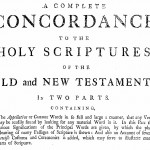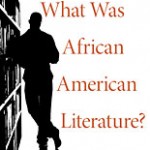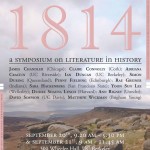CURRENT ISSUE OFFERS SPECIAL FEATURE ON THE SEARCH
According to the forum’s introduction:
“This forum began with a conversation among editorial board members about what Representations might have to say in response to recent discussions about the nature and future of digital work in the humanities and social sciences. We wanted to think both about recent developments in the use of databases, search tools, and digital means of presenting and disseminating research as well as about the larger social and historical contexts behind these new applications of technology. We also considered some of the claims made about these technologies as well as the structure of the debate that has begun to rise up around them. As different search engines and online resources (Google, the Internet Archive, Google Books, Project Gutenberg, EEBO [Early English Books Online], and so on) have become more and more prominent, assessments of their value often seem to take opposed forms, with advocates for the transformative power of big data lining up on one side and those who think technology is mostly a distraction on the other. Rather than taking either side, we invited several writers to consider the historical and cultural conditions that have made this impasse possible….”
“The forum’s contributors look at several different aspects of what stands as the center of these debates for both dedicated specialists and scholars with only the most general of relations to technology: the homely search. How, in the face of new and more powerful tools, has searching for data changed? Is there a culture or cultures of search that differ from or repeat the terms of earlier moments in scholarly culture? To what degree do specific economies of searching reproduce other economic realities or fantasies? What stands logistically, aesthetically, ethically behind the act of searching for data?…”
![]() “We hope these short essays will contribute to ongoing debates in and around digital technology in the humanities and social sciences and show how understanding the politics, the economics, and the mechanics of searching can help us better understand hidden aspects of the work we have been doing all along.” –Kent Puckett
“We hope these short essays will contribute to ongoing debates in and around digital technology in the humanities and social sciences and show how understanding the politics, the economics, and the mechanics of searching can help us better understand hidden aspects of the work we have been doing all along.” –Kent Puckett
FREDERIC KAPLAN Linguistic Capitalism and Algorithmic Mediation
TED UNDERWOOD Theorizing Research Practices We Forgot to Theorize Twenty Years Ago
LISA GITELMAN Searching and Thinking About Searching JSTOR
DANIEL ROSENBERG Stop, Words
LEAH PRICE Response


